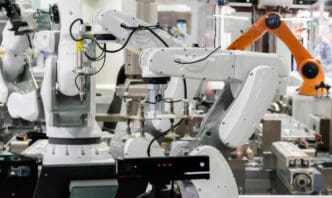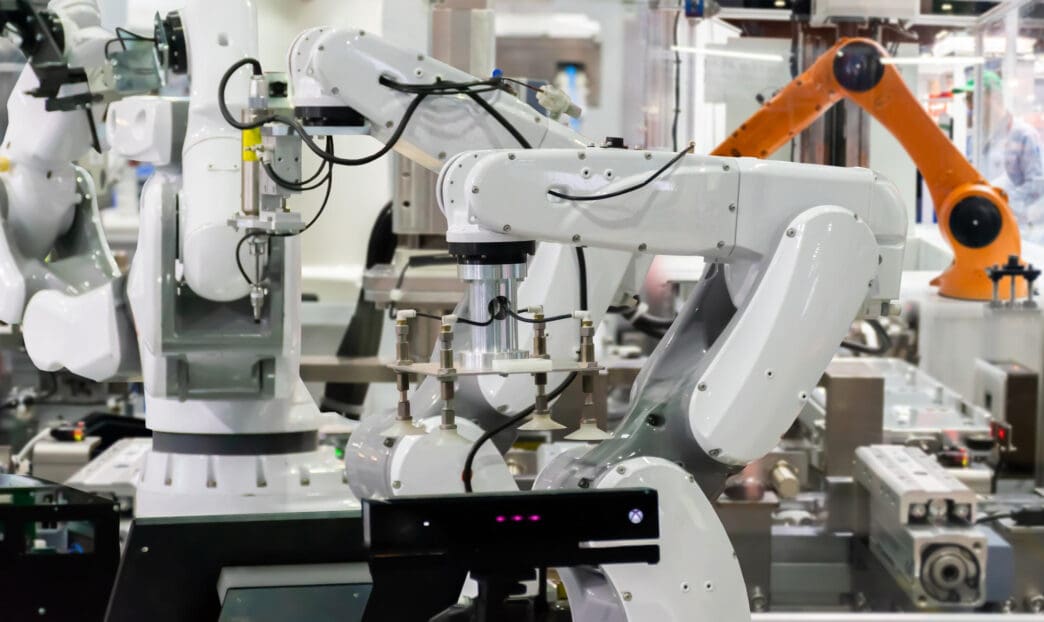Executive Summary
The Story So Far
Why This Matters
Who Thinks What?
The Trump administration initiated national security investigations into imports of robotics, industrial machinery, and medical devices on September 2nd, a move that could lead to new tariffs and increased costs for consumers, hospitals, and manufacturers. These probes, launched under “Section 232” of the Trade Expansion Act, aim to determine if such imports threaten U.S. national security.
Scope of Investigations
The investigations significantly broaden the scope of items potentially subject to higher tariffs. This now includes critical personal protective equipment (PPE) such as surgical masks, N95 respirators, and gloves, alongside other medical consumables. Imported medical equipment under scrutiny ranges from wheelchairs and hospital beds to diagnostic and treatment devices like pacemakers, insulin pumps, and heart valves.
The primary objective of these probes is to justify fresh sectoral tariffs designed to bolster domestic production of goods deemed vital for national security. The U.S. Department of Commerce is actively soliciting feedback from companies regarding projected demand, domestic manufacturing capabilities, and the influence of foreign supply chains.
Additionally, the department is examining the impact of foreign subsidies and what it describes as “predatory trade practices.” These inquiries follow previous Section 232 actions by President Trump’s administration, which included levies on imports of automobiles and parts, copper, steel, and aluminum.
Potential Economic Impact
Ongoing investigations also encompass pharmaceuticals, semiconductors, and chip components. While any new duties would be cumulative to existing country-specific tariffs, some nations, including the European Union and Japan, have successfully negotiated agreements to circumvent additional levies.
The automotive industry faces particular vulnerability due to its substantial reliance on imported industrial robots. Furthermore, potential tariffs on medical devices and PPE could escalate expenses for healthcare providers and patients, potentially hindering access to essential medical care.
Key Takeaways
These national security investigations by the Trump administration signal a potential shift towards increased protectionism in key sectors. The actions carry significant implications for domestic production, international trade relations, and consumer costs in critical areas like healthcare and manufacturing.








